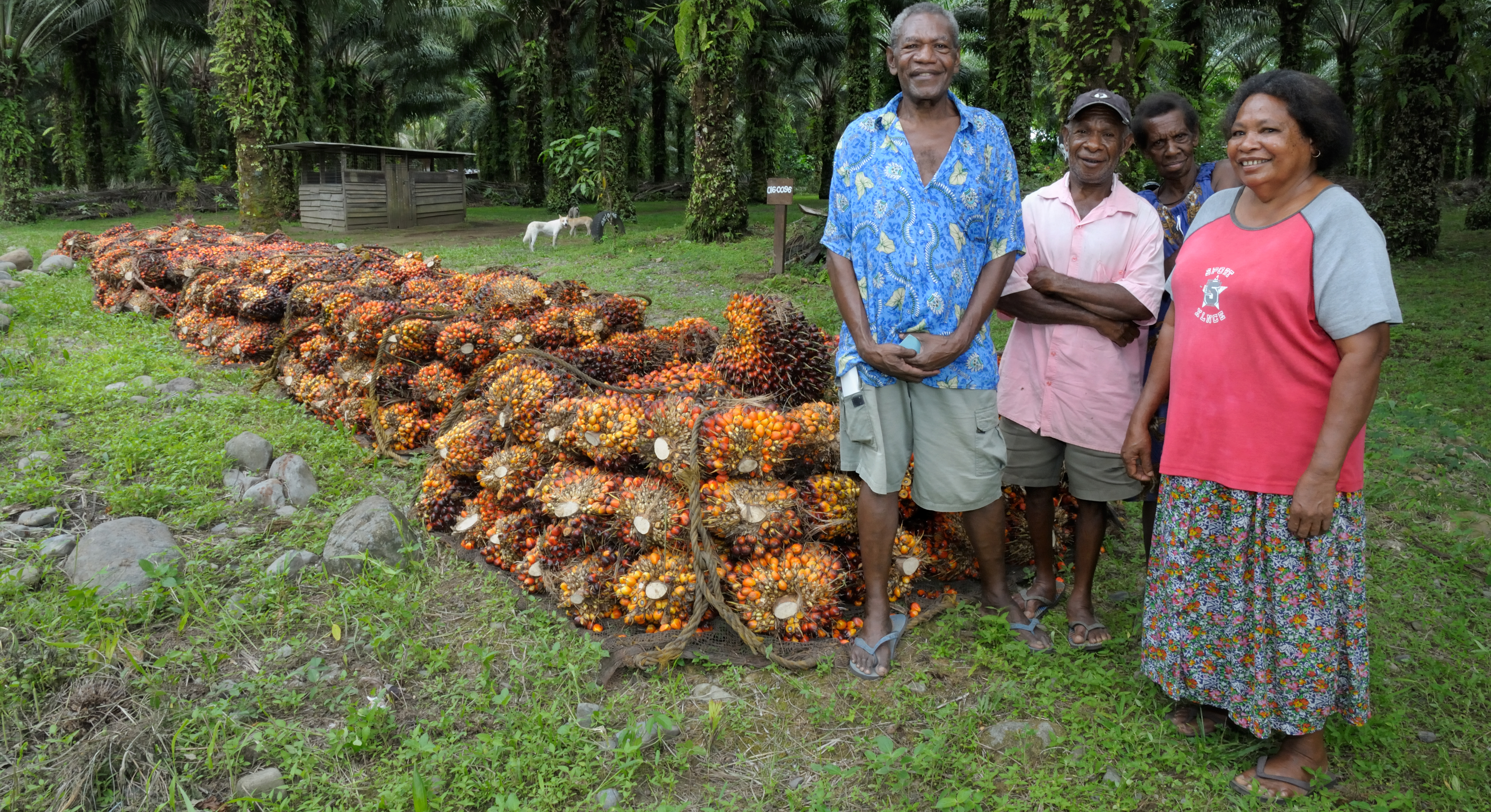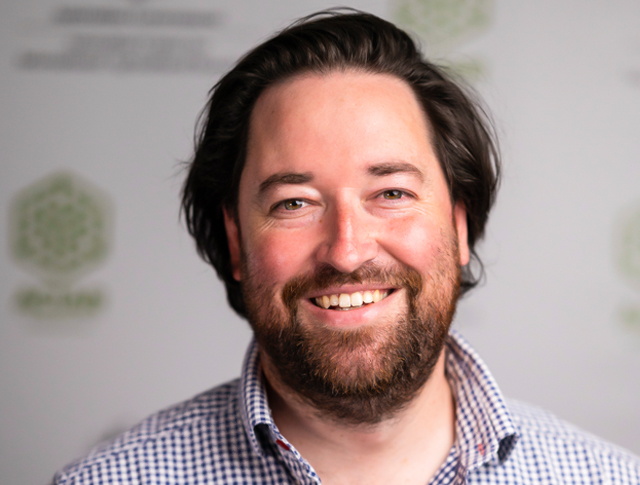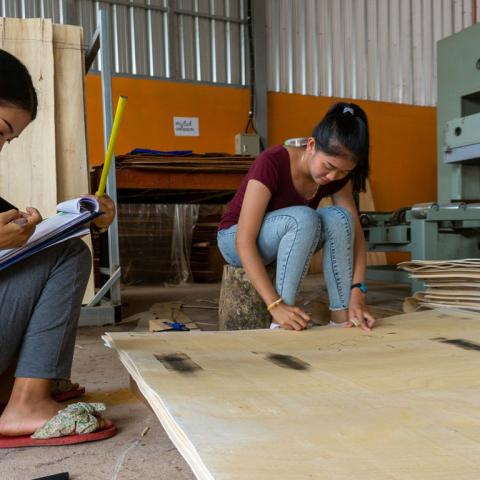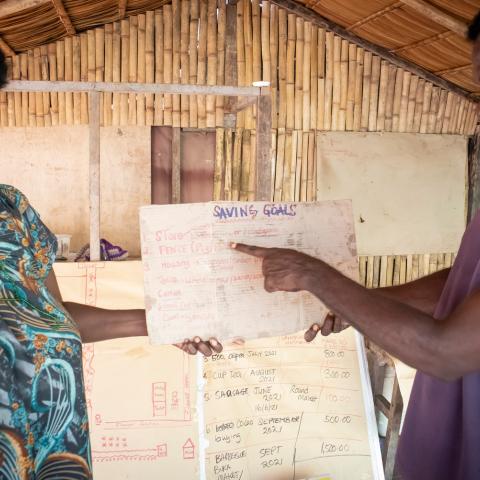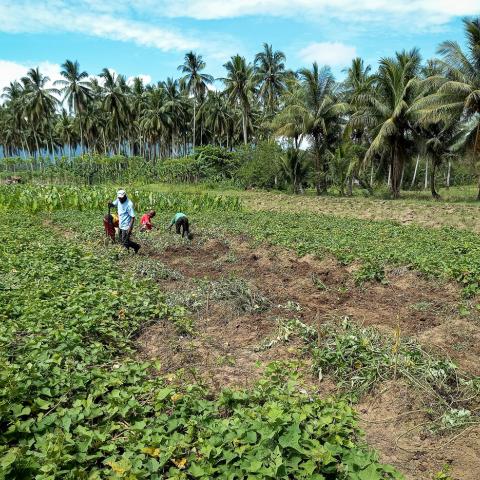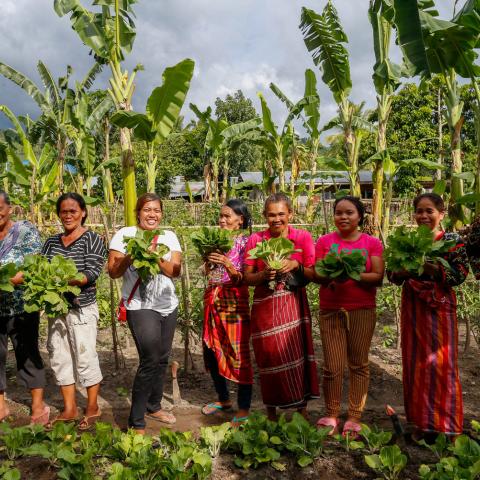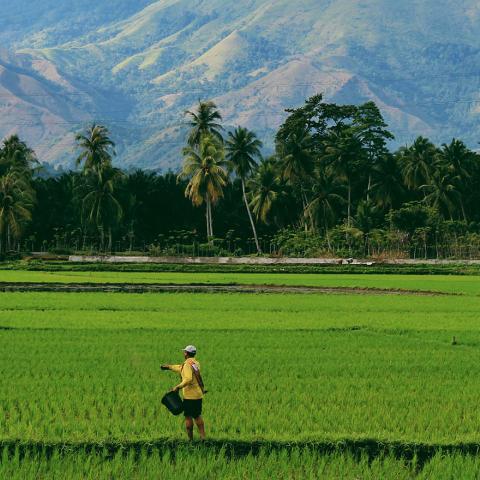Overview
Putting people at the centre of agricultural research-for-development
The Social Systems Program takes a people-centred approach to agricultural research for development to reduce poverty. Particular emphasis is placed on research on gendered social relations to ensure equitable development for women and men. Other demographic issues such as age, education, income, assets, and distance to market are considered in project design.
The ambition of the program is to increase farmer access and capabilities, so they can become more resilient, manage risk, and can choose to take advantage of market-oriented opportunities as they wish. Key research areas are agricultural extension, gendered social relations, women’s empowerment, smallholder livelihoods, natural resource management, ecosystems and climate adaptation. All projects endeavour to conduct transdisciplinary research to deliver innovation and accelerate poverty reduction.
The program operates at three scales: micro (on-farm); meso (provincial); and macro (national, international). System-scale issues are important and will vary with region–community–farm linkages. Social science theories and methods can make significant contributions to systems research particularly when considering systems as a descriptor of holistic approaches that encompass complex interactions. However, the contribution of social science extends beyond systems thinking as research has clearly shown that engaging with people as active agents, rather than passive recipients of research and aid, results in far greater impact.Currently project opportunities are identified across South–East Asia and Pacific island countries.
